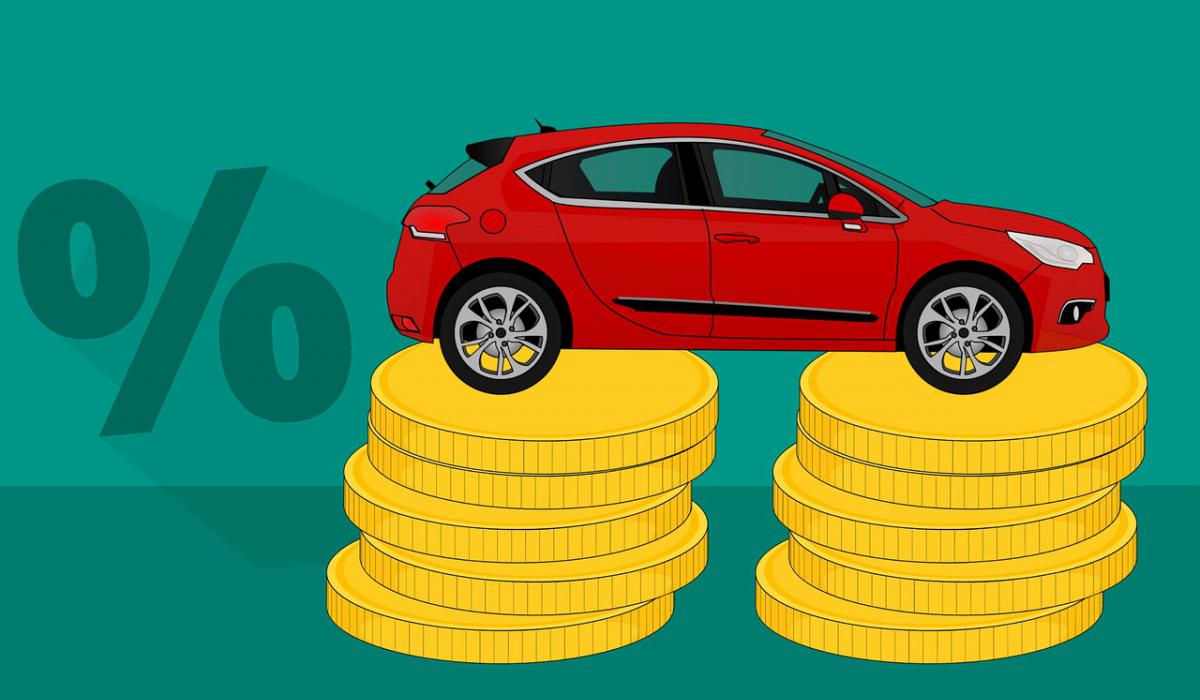Company car and the Dutch payroll tax
As an entrepreneur, you can provide your staff with a company car. The employee then drives professionaly - and sometimes also privately - in a car that you have purchased and write off at your company. This use can have consequences for the wage tax return. Also, when you are on the payroll as a managing director/major shareholder (in Dutch: DGA) in a bv or nv, the use of a company car may have to be specified in the payroll tax. The regulations then apply to you in the same way as to your employees. Salupa explains in this article what you need to know and what you need to pay attention to.
Company car in the payroll tax: whether or not to add it?
In the payroll tax there are two options for the tax treatment of the car.
1. The business car is used privately for less than 500 kilometres per year
Do you have an employee(s) who hardly uses a company car privately? If you can prove with a tripadministration that the person for whom you file your payroll tax return drives less than 500 kilometers privately by car, then the car for the payroll tax applies entirely to the company administration. All costs related to the car (such as petrol, insurance, maintenance and damage) are then deducted from the profit. Commuting is also business deductible. There is no addition, and the company car does not have to be mentioned in the wage declaration.
2. The business car is used privately for more than 500 kilometres every year
Even if your staff drives more than 500 kilometers privately, costs related to the car are business deductible. But to compensate for private use, an addition (in Dutch: bijtelling) is made based on the catalogue value of the car. The advantage that the employee has in the personal sphere of the use of the car is seen as wages in kind, which are translated into (indirect) salary in the form of addition. As with wages from work, tax must be paid on this. Below we explain how to declare company cars that are also used privately in the payroll tax.
Determine catalog value
You can find the list prices of cars in the RDW database. If you do a license plate check at the RDW via this link (in Dutch), you will see -among other things- the catalogue value of the car in question. You take this value as a starting point when determining what amount of addition should be added to the wage declaration.
Statement of wage tax
When reporting payroll taxes, if staff (more than 500 km per year) uses a company car privately, you must specify the addition. This represents the physical value of the reward in kind. The addition is then added to the wages and taxed as such.
Which addition percentage you should use, depends on the CO2 emissions of the car and on the date of the 1st admission or 1st registration of the car. We will explain these concepts below.
The general addition percentages (2023) for the private use of the car are:
- 22% for cars with a 1st admission date on or after 1 January 2017
- 25% for cars with a date of 1st admission before 1 January 2017
- 35% for cars older than 15 years.
For cars without CO2 emissions with an engine that can be powered with hydrogen and for fully battery-powered electric cars, a discount on the value of private use applies. The discount depends on the date of 1st admission: if this is 2023, the following addition percentages apply in 2023:
For electric cars:
- 16% insofar as the basis for the addition is € 30,000 or less
- 22% for the part of the base above € 30,000
For hydrogen cars and solar cell cars:
- 16% for the entire basis for the addition
Please note
> Don't forget, when you buy a car for staff or for yourself as a DGA, to pass this on to the payroll administration or your accountant. The addition or the trip administration must start from the moment the car is in use.
> The addition to CO2 emissions-free cars was still 4% in 2019. In the coming years, the addition percentage will increase slightly until it is equal to cars that do emit CO2 by 22% in 2026. For example, the addition for an electric car of the company in 2021 was 12% on the first 40,000 euros of the list price of the car and 22% on the amount above that. As of 2022, this became 16% on the first 35,000 euros and 22% on the amount above that.
> If you do not keep track of trips, you will be charged an addition on a business car. It can therefore pay off fiscally to keep a mileage administration when you drive less 500 kilometers annually.
> Does your staff drive a van and often make a lot of business trips in a day? To prevent the journey administration from being too much of a burden, you can qualify for a simplified journey registration.
Want to know more?
The Tax and Customs Administration has a lot of information available online about the tax regulations with regard to the business use of means of transport. This page is in English and a good place to start. All details about the company car and payroll taxes can be found in chapter 23. the Payroll Tax Handbook (2023) (Dutch only). In this article from Lexlupa you can read about the company's car in sales and income tax. Do you have questions about the tax rules or payroll taxes around your company car(s)? Feel free to contact us!

